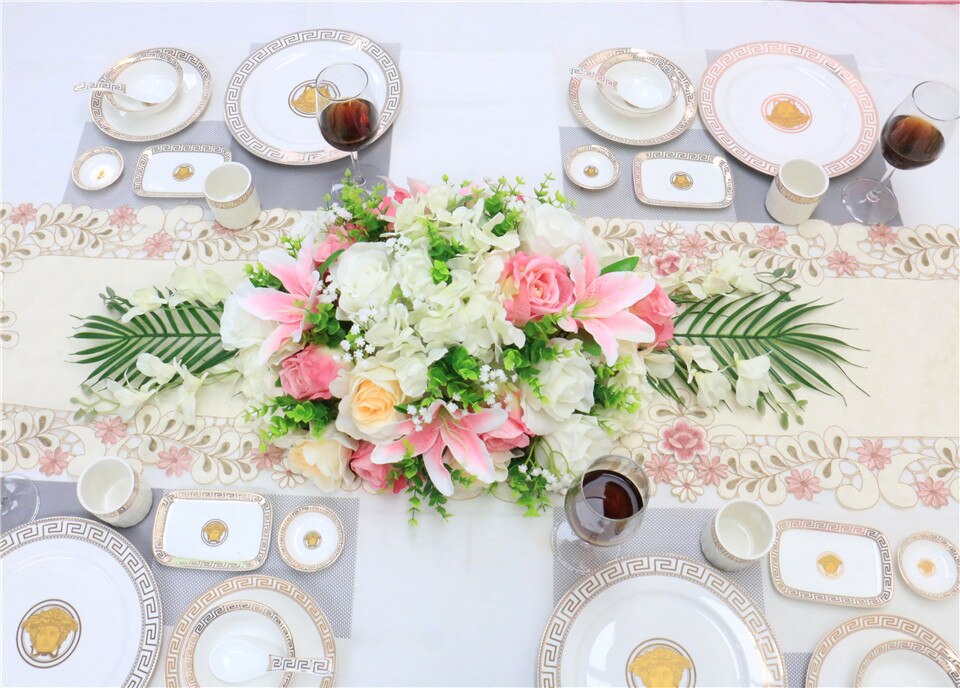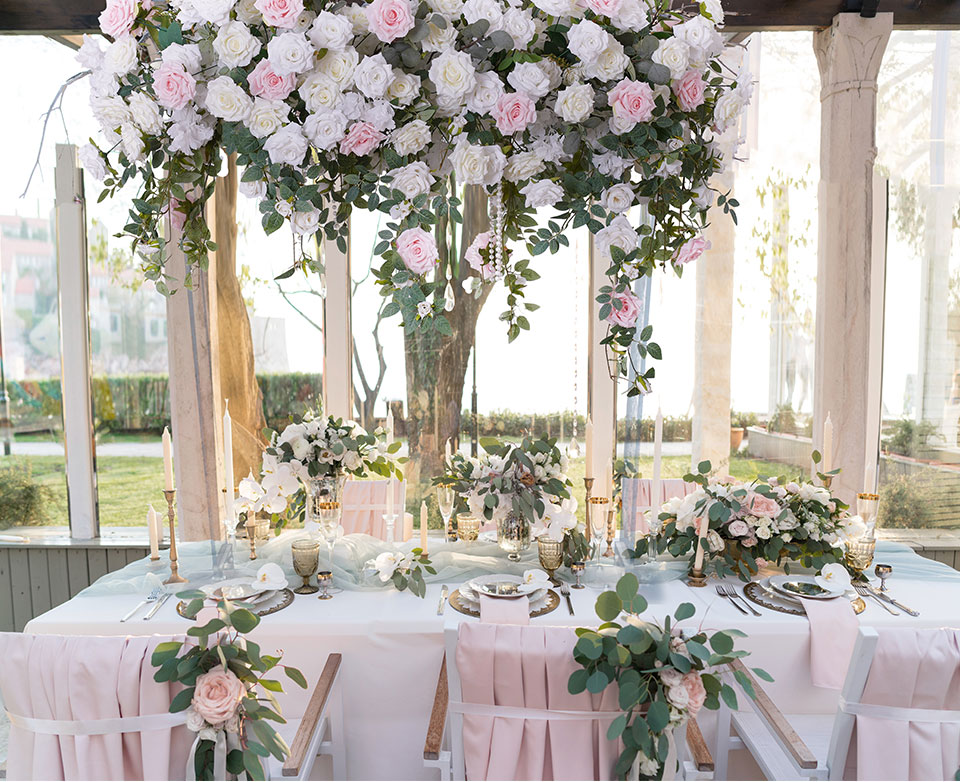Which flower is often used in Hindu ceremonies?
The lotus flower is often used in Hindu ceremonies. It is considered a sacred flower and is associated with many Hindu deities. The lotus is also a symbol of purity, enlightenment, and rebirth in Hinduism. It is often used in offerings, decorations, and as a seat for deities during puja (worship) ceremonies.
1、 Marigold as a sacred flower in Hinduism
Marigold is often used as a sacred flower in Hinduism and is an integral part of Hindu ceremonies. It is believed to be a symbol of purity, happiness, and prosperity. The bright orange and yellow colors of marigold are considered auspicious and are used to decorate homes, temples, and other places of worship during festivals and religious ceremonies.
Marigold is also used in various rituals and offerings to deities. It is believed that the fragrance of marigold flowers pleases the gods and goddesses and brings good luck and prosperity to the devotees. The flower is also used in garlands, which are offered to the deities during puja or worship.
In recent times, there has been a growing concern about the environmental impact of using marigold flowers in large quantities during festivals and ceremonies. The use of chemical fertilizers and pesticides in the cultivation of marigold has led to soil degradation and water pollution. To address this issue, many organizations and individuals are promoting the use of eco-friendly alternatives such as paper flowers, cloth flowers, and other biodegradable materials.
In conclusion, marigold is an important flower in Hinduism and is used in various religious ceremonies and offerings. However, it is important to be mindful of the environmental impact of using large quantities of marigold and to explore eco-friendly alternatives.

2、 Significance of marigold in Hindu rituals and festivals
The answer is "marigold". Marigold is a popular flower used in Hindu ceremonies and festivals due to its significance in Hindu mythology and culture. It is believed to be a symbol of purity, auspiciousness, and prosperity. The bright orange and yellow colors of marigold are considered to be auspicious and are believed to bring good luck and positive energy.
Marigold is used in various Hindu rituals and festivals such as Diwali, Durga Puja, and Navratri. During Diwali, marigold flowers are used to decorate homes and temples, and they are also used to make garlands and torans. In Durga Puja and Navratri, marigold flowers are used to decorate the pandals and idols of Goddess Durga.
Apart from its religious significance, marigold is also used for its medicinal properties. It is believed to have anti-inflammatory, antiseptic, and antioxidant properties. Marigold oil is used in aromatherapy to reduce stress and anxiety.
In recent times, there has been a growing concern about the environmental impact of using marigold flowers in large quantities during festivals. The excessive use of marigold flowers leads to the depletion of natural resources and also causes pollution. To address this issue, some organizations have started promoting the use of eco-friendly alternatives such as paper flowers and cloth decorations.
In conclusion, marigold holds great significance in Hindu rituals and festivals due to its cultural and religious importance. However, it is important to use it in a sustainable and eco-friendly manner to preserve our natural resources.

3、 Marigold garlands in Hindu weddings and pujas
Marigold garlands are often used in Hindu ceremonies, including weddings and pujas. The bright orange and yellow flowers are considered auspicious and are believed to bring good luck and prosperity. Marigolds are also associated with the Hindu goddess of wealth, Lakshmi, and are used to decorate her temples and shrines.
In addition to their religious significance, marigolds are also valued for their medicinal properties. They are believed to have anti-inflammatory and antiseptic properties and are used in traditional Ayurvedic medicine to treat a variety of ailments.
However, there has been some concern in recent years about the environmental impact of marigold cultivation. In India, marigolds are grown on a large scale for use in religious ceremonies, and the demand for these flowers has led to the use of pesticides and other chemicals that can harm the environment and human health.
To address these concerns, some farmers and organizations are promoting organic and sustainable methods of marigold cultivation. These methods involve using natural fertilizers and pest control methods, as well as reducing water usage and promoting biodiversity on the farms.
Overall, while marigold garlands remain an important part of Hindu ceremonies, there is a growing awareness of the need to balance tradition with environmental sustainability.

4、 Marigold as an offering to Hindu deities
Marigold is a flower that is often used in Hindu ceremonies as an offering to deities. It is considered a sacred flower in Hinduism and is believed to have spiritual significance. The bright orange and yellow colors of the marigold are said to represent the sun and its life-giving energy. The flower is also associated with the goddess of wealth and prosperity, Lakshmi, and is often used in her worship.
In addition to its spiritual significance, marigold is also used for its medicinal properties in Ayurvedic medicine. It is believed to have anti-inflammatory and antiseptic properties and is used to treat a variety of ailments, including skin infections, digestive issues, and respiratory problems.
However, there has been some controversy surrounding the use of marigold in Hindu ceremonies. Some environmentalists have raised concerns about the impact of marigold cultivation on the environment and the use of pesticides and other chemicals in its production. There have also been concerns about the exploitation of workers in the marigold industry, particularly in India.
Despite these concerns, marigold remains an important part of Hindu culture and is used in a variety of ceremonies and festivals, including Diwali, the festival of lights. Its bright colors and sweet fragrance are said to bring joy and happiness to those who offer it to the gods.












































Leave your comment